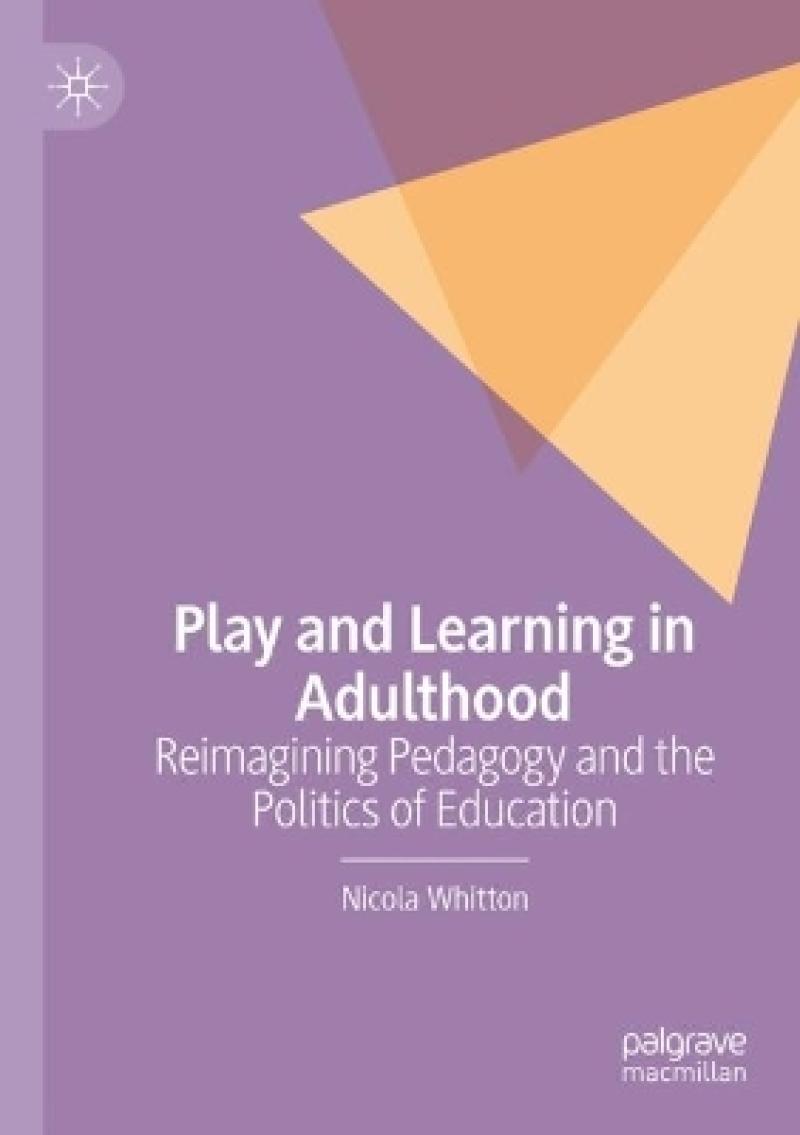This book provides a theoretical and philosophical examination of games, play and playfulness and their relationships to learning and wellbeing in adulthood. It draws on an interdisciplinary literature base (including game-based learning, game studies, education, psychology, and game design) to present a critical manifesto for playful learning in post-compulsory education and lifelong learning. While there is an established body of work in games and learning in adulthood, and a wide literature on the value of play in childhood, the wider potential of play in adulthood and playfulness is under-explored and still emergent. This book offers a comprehensive overview of play in adulthood, exploring the benefits and drawbacks, examining why play in adulthood is different from play in childhood, the role of play in culture, and making an argument for why it is important in our society that we embrace the principles of playfulness.
Les mer
This book offers a comprehensive overview of play in adulthood, exploring the benefits and drawbacks, examining why play in adulthood is different from play in childhood, the role of play in culture, and making an argument for why it is important in our society that we embrace the principles of playfulness.
Les mer
Chapter 1. Introducing adult play.- Chapter 2. Games, play, and playfulness.- Chapter 3. Play in post-compulsory education.- Chapter 4. A manifesto for playful learning.- Chapter 5. The playful educator.- Chapter 6. A critical exploration of play.- Chapter 7. Play for a better world.
Les mer
This book provides a theoretical and philosophical examination of games, play and playfulness and their relationships to learning and wellbeing in adulthood. It draws on an interdisciplinary literature base (including game-based learning, game studies, education, psychology, and game design) to present a critical manifesto for playful learning in post-compulsory education and lifelong learning. While there is an established body of work in games and learning in adulthood, and a wide literature on the value of play in childhood, the wider potential of play in adulthood and playfulness is under-explored and still emergent. This book offers a comprehensive overview of play in adulthood, exploring the benefits and drawbacks, examining why play in adulthood is different from play in childhood, the role of play in culture, and making an argument for why it is important in our society that we embrace the principles of playfulness.
Nicola Whitton is Director of the Durham Centre for Academic Development and Professor of Education at Durham University, UK. Her research focuses on play in adulthood, in particular games and learning in the context of Higher Education, and the potential of play in teaching, research, and academic practice.
Nicola Whitton is Director of the Durham Centre for Academic Development and Professor of Education at Durham University, UK. Her research focuses on play in adulthood, in particular games and learning in the context of Higher Education, and the potential of play in teaching, research, and academic practice.
Les mer
Inter-disciplinary analysis allows the reader synthesise different perspectives Articulation of theory provides grounding for an emergent field Detailed literature analysis explores the history of play and learning in adulthood
Les mer
GPSR Compliance
The European Union's (EU) General Product Safety Regulation (GPSR) is a set of rules that requires consumer products to be safe and our obligations to ensure this.
If you have any concerns about our products you can contact us on ProductSafety@springernature.com.
In case Publisher is established outside the EU, the EU authorized representative is:
Springer Nature Customer Service Center GmbH
Europaplatz 3
69115 Heidelberg, Germany
ProductSafety@springernature.com
Les mer
Produktdetaljer
ISBN
9783031139772
Publisert
2023-11-12
Utgiver
Vendor
Palgrave Macmillan
Høyde
210 mm
Bredde
148 mm
Aldersnivå
Research, P, 06
Språk
Product language
Engelsk
Format
Product format
Heftet
Forfatter
